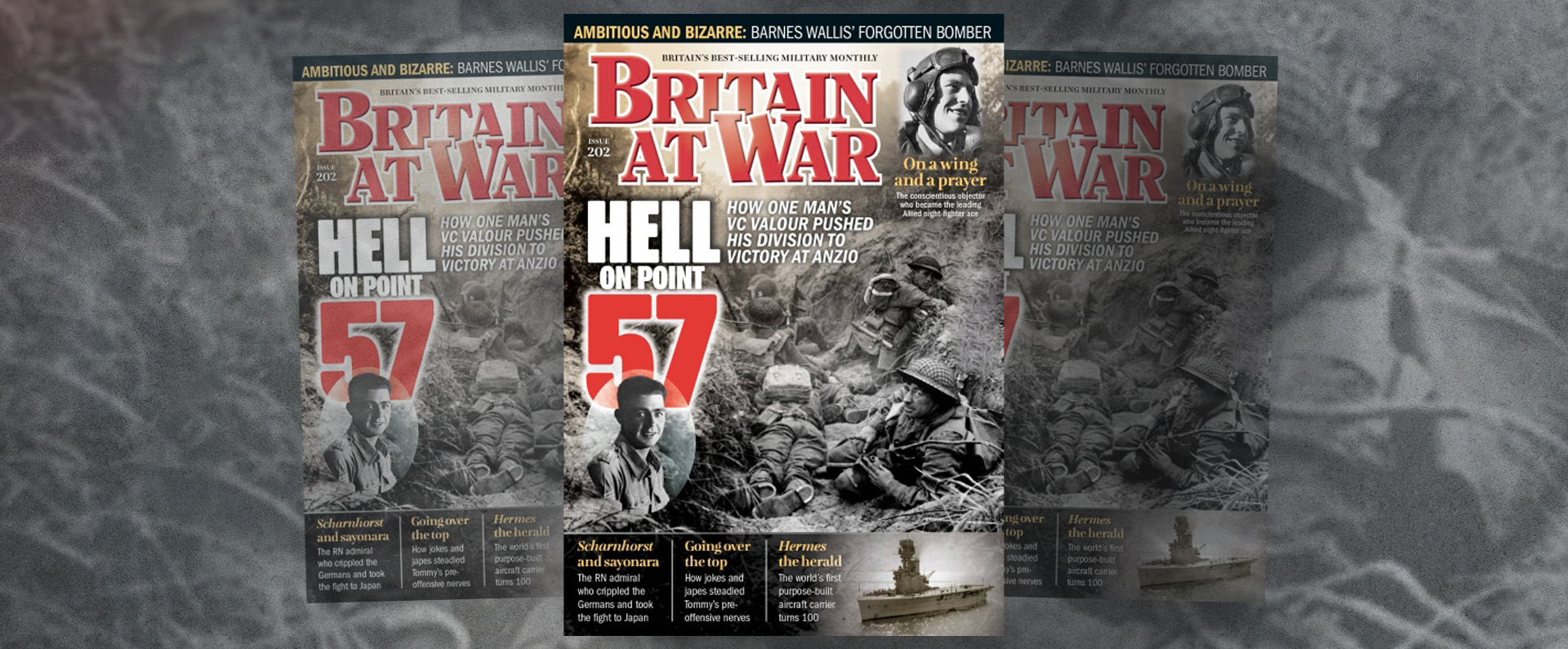
Published on ConservativeHome.com – 24 July 2015.
The Veterans’ Transition Review, which I published in February 2014, looked at provision for those leaving the Armed Forces and returning to civilian life. I made recommendations in fields including education and training, resettlement and employment, information provision, health, housing, welfare and the charity sector. Most of my proposals were accepted, and I agreed to issue a series of annual follow-up reports to monitor progress in turning them into action.
I have now completed the first of these reports, which is now with the Cabinet Office. The news is mixed. A great deal of work has been done or is in hand, and there are positive results to record. The Career Transition Partnership, for example, which helps Service leavers find civilian work, has a new emphasis on engaging early with employers and creating long term relationships. A trial is also planned in which the CTP’s services will be offered to the spouses of departing personnel.
The Veterans Research Hub based at Anglia Ruskin University, which I am jointly funding with the Forces in Mind Trust, is well on its way: the aim is to have a single, reliable source of the best available research concerning veterans and Service leavers.
The establishment of the Defence Relationship Management organisation is also up and running with the aim of creating stronger relationships between the Forces and civilian employers and removing the rather haphazard approach that has prevailed to date. More than 600 Corporate Covenants have been signed with businesses and nearly all UK local authorities have signed the Community Covenant: the challenge here will be to keep the momentum going.
There has also been more progress than I expected on my recommendation that Forces charities should work together more closely – an idea that produced a wary response when first proposed, but which is being achieved thanks to the unifying effect of Cobseo (the Confederation of Service Charities) and the Forces in Mind Trust. They are also working with the National Council for Voluntary Organisations on an accreditation scheme which should further improve charities’ performance and help ensure public and private funds available to support Service leavers and veterans are used as effectively as possible.
During the course of my review I sensed that Ministers understood the importance of good transition, and its value in promoting recruitment, retention, the reputation of the Forces and supporting the effort to attract reserves. However, this has not always been reflected in operational plans. In some areas, therefore, the pace of change has not been as brisk as I had hoped. I understand that some of the proposals are complex and will take time to implement fully, but there are people leaving the Services today under conditions essentially the same as those that prevailed at the time of my review.
For example, one of the biggest problems identified in my report was that information for Service leavers was too often hard to find, poorly presented, confusing and even misleading. This meant it was hard for those who needed help to find it quickly. Though there are good intentions in this regard, they have not yet been converted into visible action. One proposal in particular that has come up against official resistance is the development of an app to help connect veterans and those going through transition with the information or services they need.
Another area highlighted in my review, and in The Armed Forces & Society, my earlier research which looked into public attitudes to the military, was that widespread misconceptions existed about Service life – in particular, that many or even most veterans had been damaged in some way by their time in the Forces. These views are often reinforced in the media, and I recommended that the MOD should be more proactive in countering them. However, I have seen no evidence of changes over the past year that will help in the achievement of this goal.
One of my recommendations the Government did not accept was the amendment of Section 75 of the Northern Ireland Act to enable veterans and their needs to be recognised by those who provide services for them and implement the Armed Forces Covenant. I understand the difficulties such a change might present the Government, but if the necessary amendments cannot be made for political reasons, other measures need to be put in place to support our veterans in Northern Ireland. It remains the one place in the UK where the Armed Forces Covenant has not been applied and veterans are at a disadvantage.
Though not a formal part of my remit, I suggested in my review that the definition of a veteran needs to be revisited. The current official position is that anyone who has completed one day in the Forces qualifies as a veteran. Over the past year I have not met anyone outside government who agrees with this. The consensus seems to be that only those who complete basic training merit the title, and I agree. The current definition lessens the credibility of the term, and I believe it should be reviewed.
Overall, progress is being made in our aim of improving the transition from military to civilian life, but the real benefits are still to come and I have urged a more active and ambitious approach. I hope that by the time of my next report we will have seen more tangible improvements to the benefit of Service leavers and veterans.



